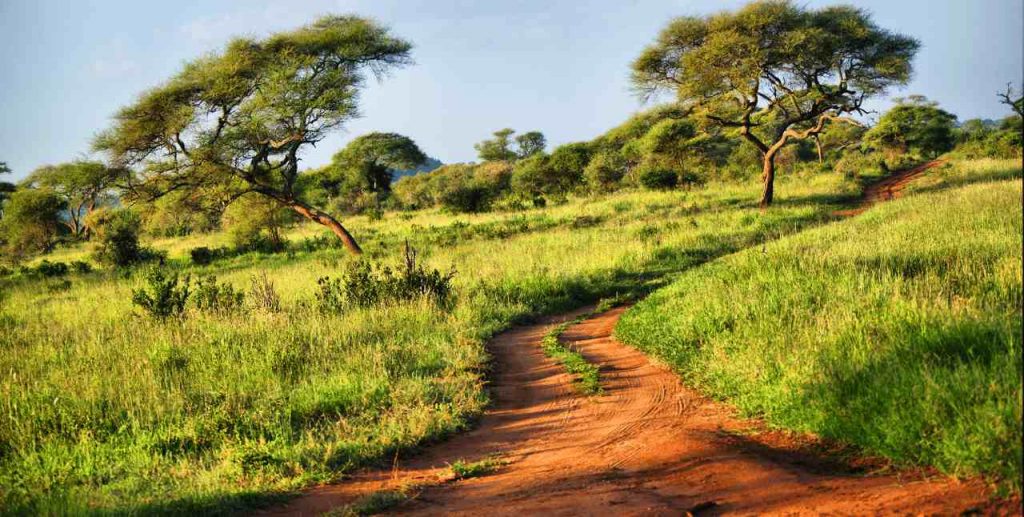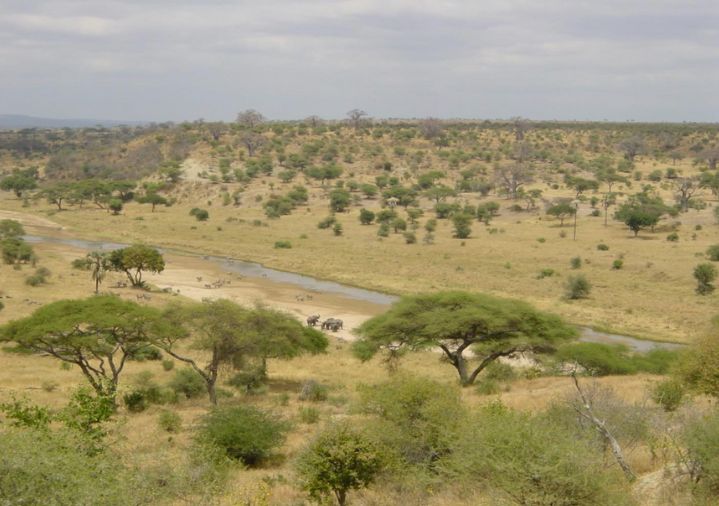Topic Content:
- Derived Savanna
- Guinea Savanna
- Sudan Savanna
- Sahel Savanna

Savanna is believed to have originated from the Native American word for “grassland” which means an area with no forest cover, within the tropics and with scattered trees. The savanna biome covers more than 86% of Nigeria’s vegetation cover.
Savanna belts in Nigeria include:
- Derived Savanna
- Guinea Savanna
- Sudan Savanna
- Sahel Savanna
The type and densityDensity is the measurement of how tightly a material is packed together i.e. how closely the particles are packed in the material. The tighter the material is packed the more its... More of plant cover differentiated them.

The following are types of savanna zones:
(i) Derived Savanna:
This is as a result of human activities that affect the vegetation of the area. The continuous activities of land clearing by humans give rise to derived savanna. Derived savanna consists of small trees and shrubs. It supports the production of grazing livestock and crops like maize, guinea corn, millet, rice, cowpea, etc. The human activities that affect the vegetation of this area include; Bush burning, farming, building construction, dam construction, etc. Animals found in this region include monkeys, rats, antelopes, zebras, etc.
You are viewing an excerpt of this Topic. Subscribe Now to get Full Access to ALL this Subject's Topics and Quizzes for this Term!
Click on the button "Subscribe Now" below for Full Access!
Subscribe Now
Note: If you have Already Subscribed and you are seeing this message, it means you are logged out. Please Log In using the Login Button Below to Carry on Studying!



Responses